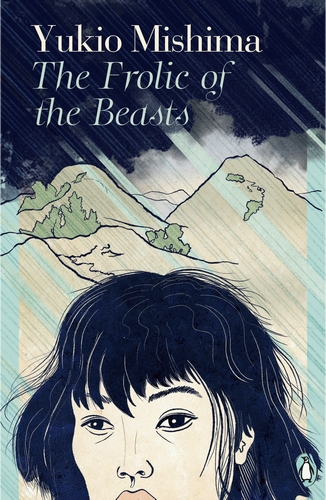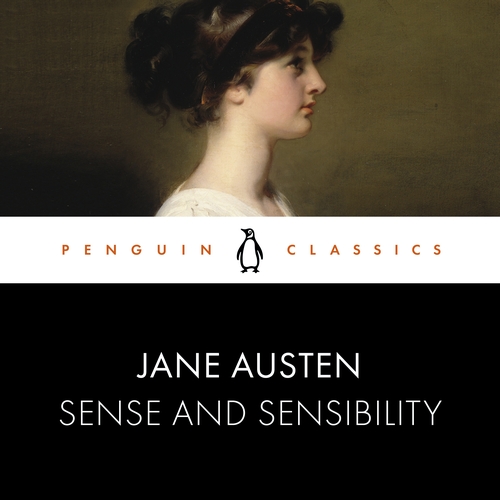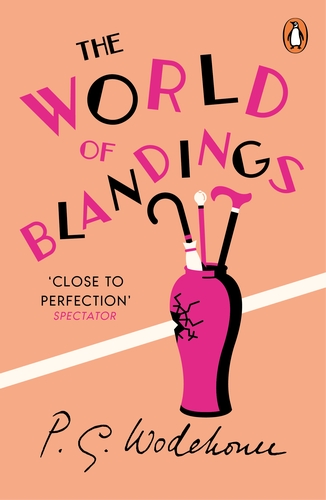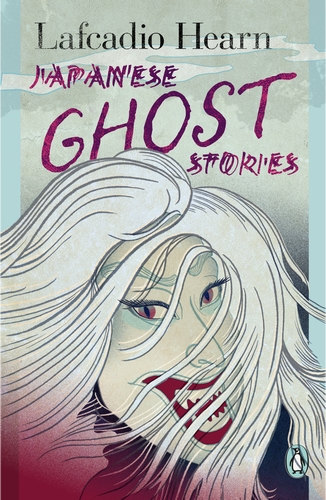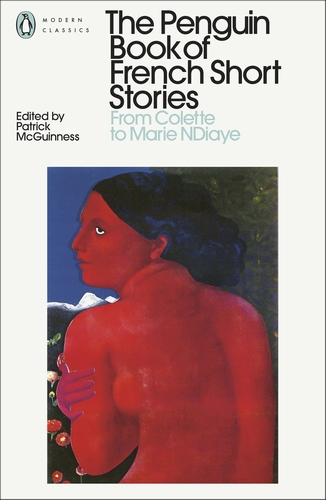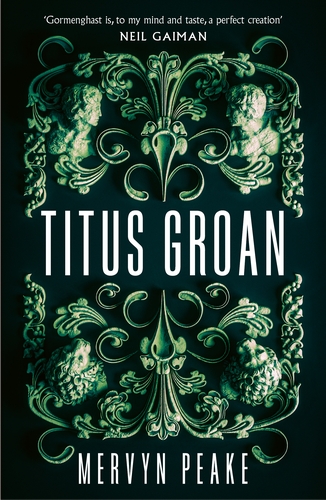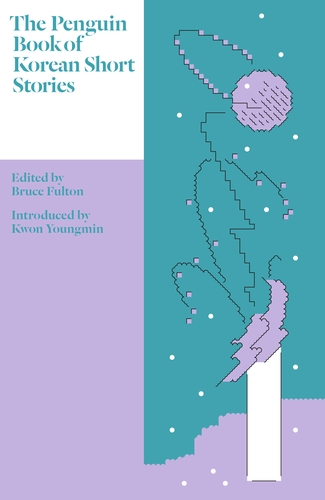Author:Albert Camus,Robin Buss

'An irresistibly brilliant examination of modern conscience' The New York Times
Jean-Baptiste Clamence is a soul in turmoil. Over several drunken nights in an Amsterdam bar, he regales a chance acquaintance with his story. From this successful former lawyer and seemingly model citizen a compelling, self-loathing catalogue of guilt, hypocrisy and alienation pours forth. The Fall (1956) is a brilliant portrayal of a man who has glimpsed the hollowness of his existence. But beyond depicting one man's disillusionment, Camus's novel exposes the universal human condition and its absurdities - for our innocence that, once lost, can never be recaptured ...
'Camus is the accused, his own prosecutor and advocate. The Fall might have been called "The Last Judgement" '
Olivier Todd
An irresistibly brilliant examination of modern conscience
—— The New York TimesCamus is the accused, his own prosecutor and advocate. The Fall might have been called 'The Last Judgement'
—— Olivier ToddChristine Donougher's seamless and very modern translation of Les Misérables has an astonishing effect in that it reminds readers that Hugo was going further than any Dickensian lament about social conditions ... The Wretched touches the soul
—— Herald ScotlandThe ultimate novel about writing a novel
—— Sunday TelegraphAn amazing book, seeming like a modern experimental novel but written in the 18th century by an Anglican clergyman. You can dip in and out of it with constant pleasure.
—— Bamber Gasgoigne , Daily ExpressHas inspired and provoked writers as various as Dickens, Joyce and Salman Rushdie
—— ObserverTristram Shandy’s open, digressive form offers both an alternative to the inevitable reductions of plot and a foil to the tyranny of the will to system.
—— New Statesman